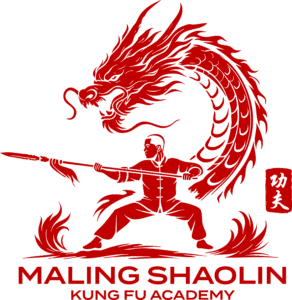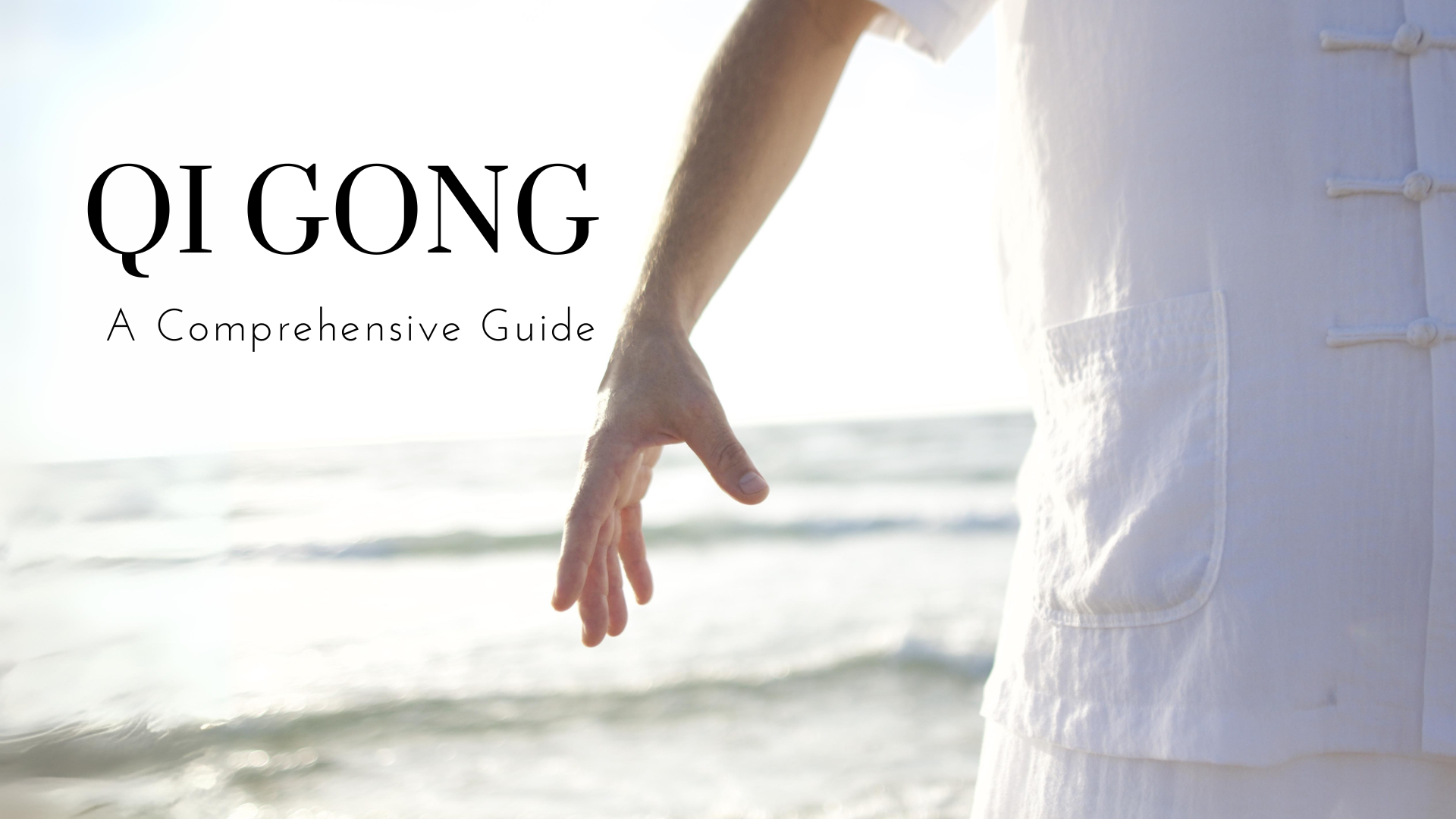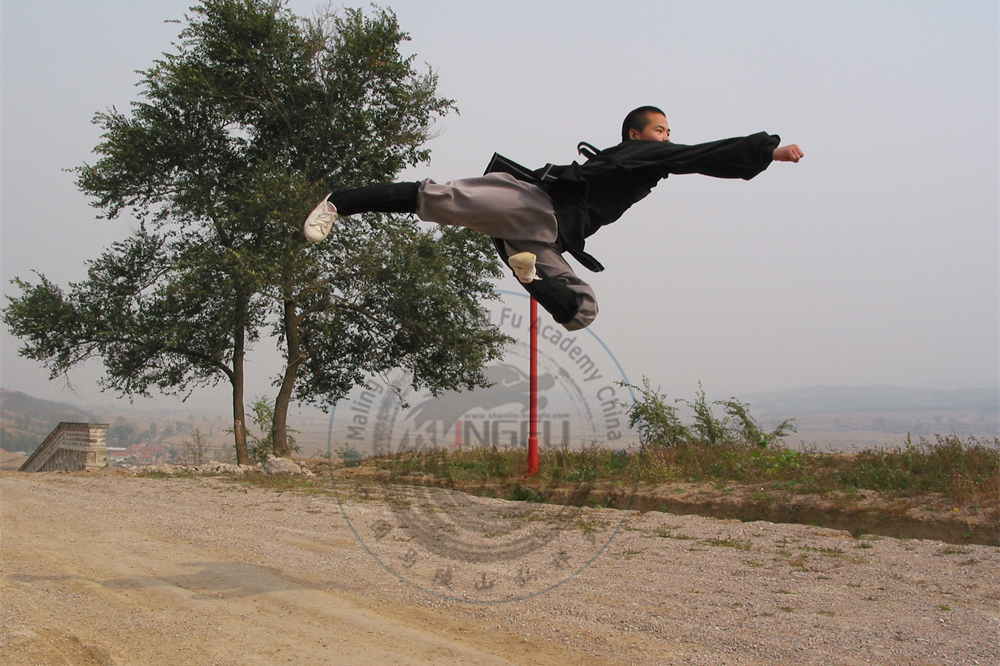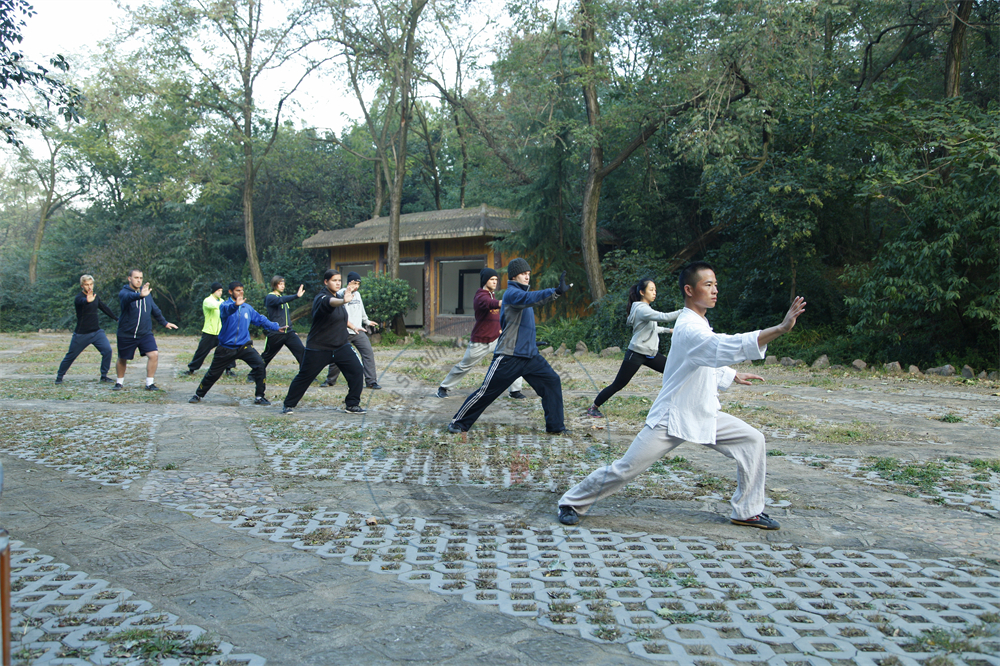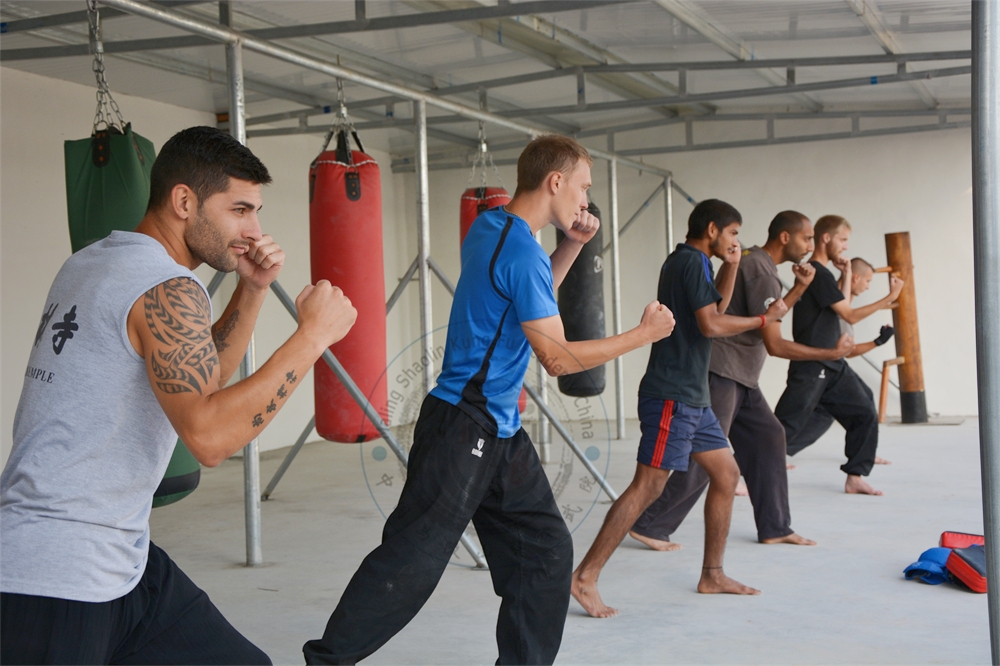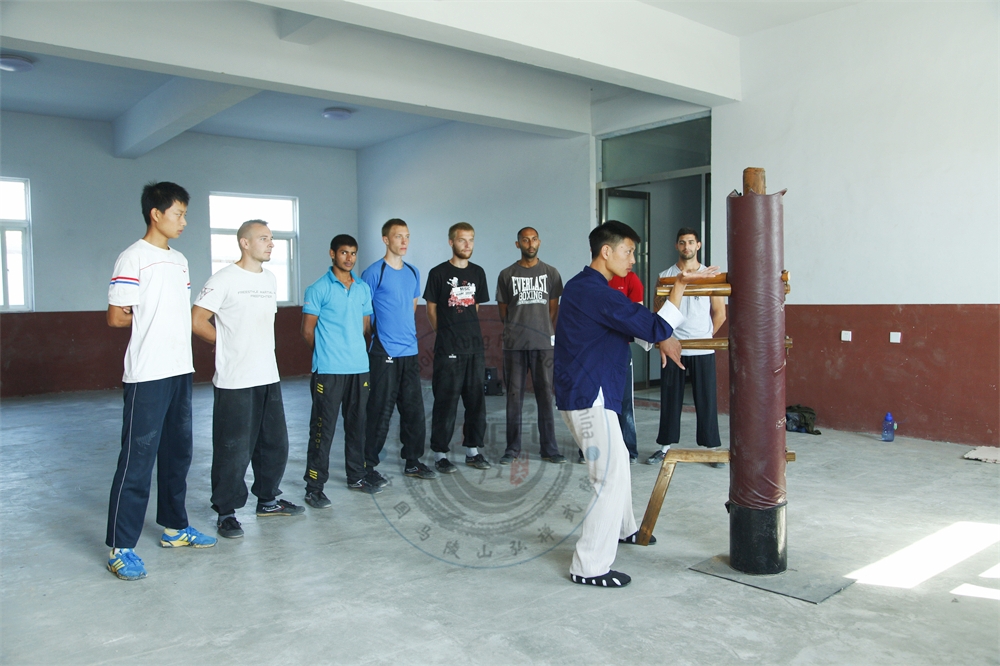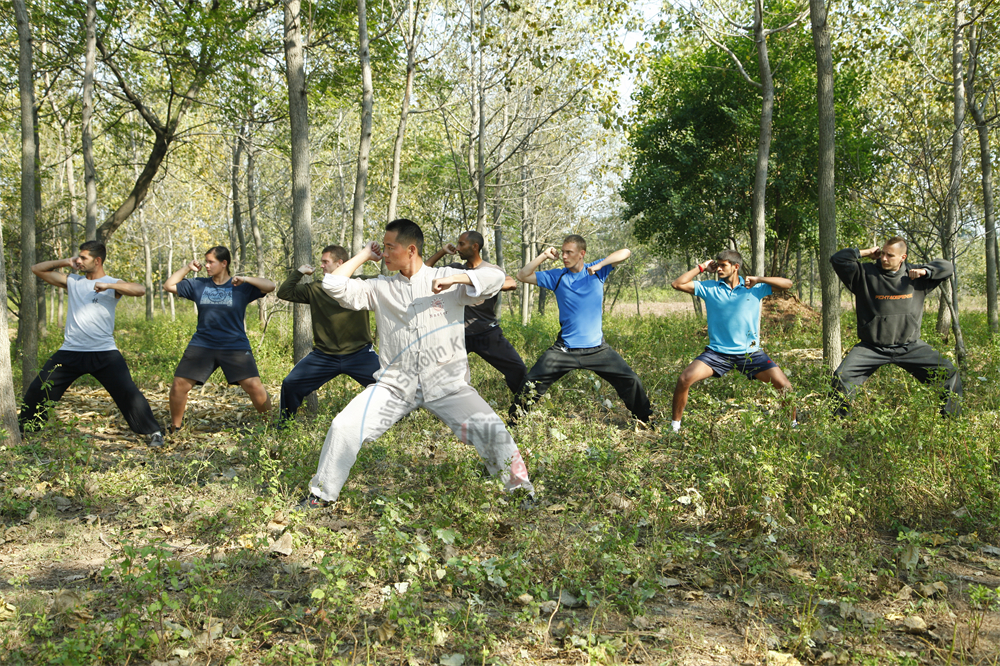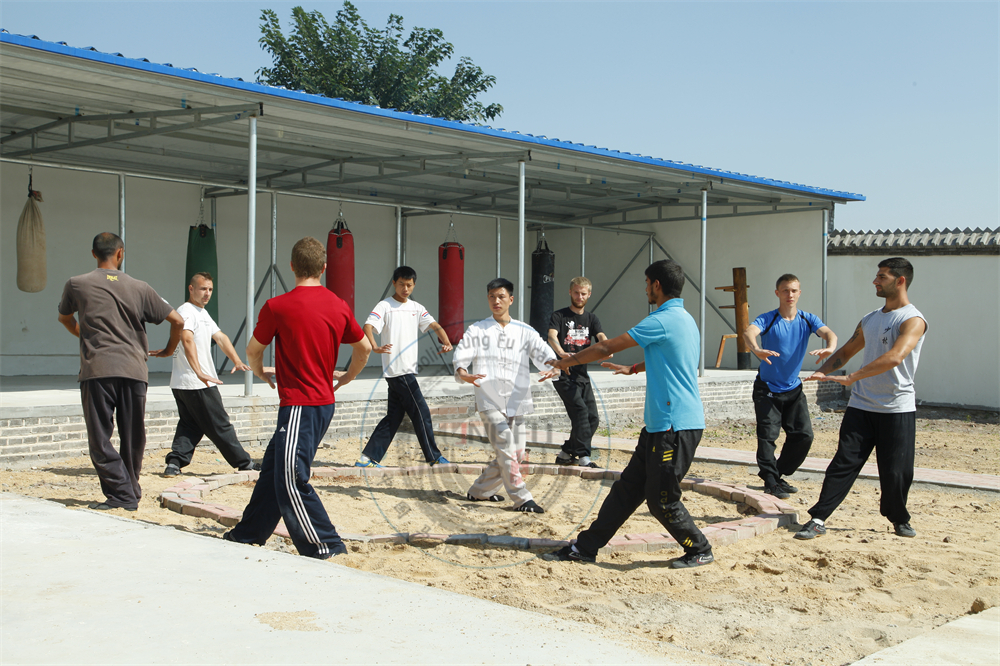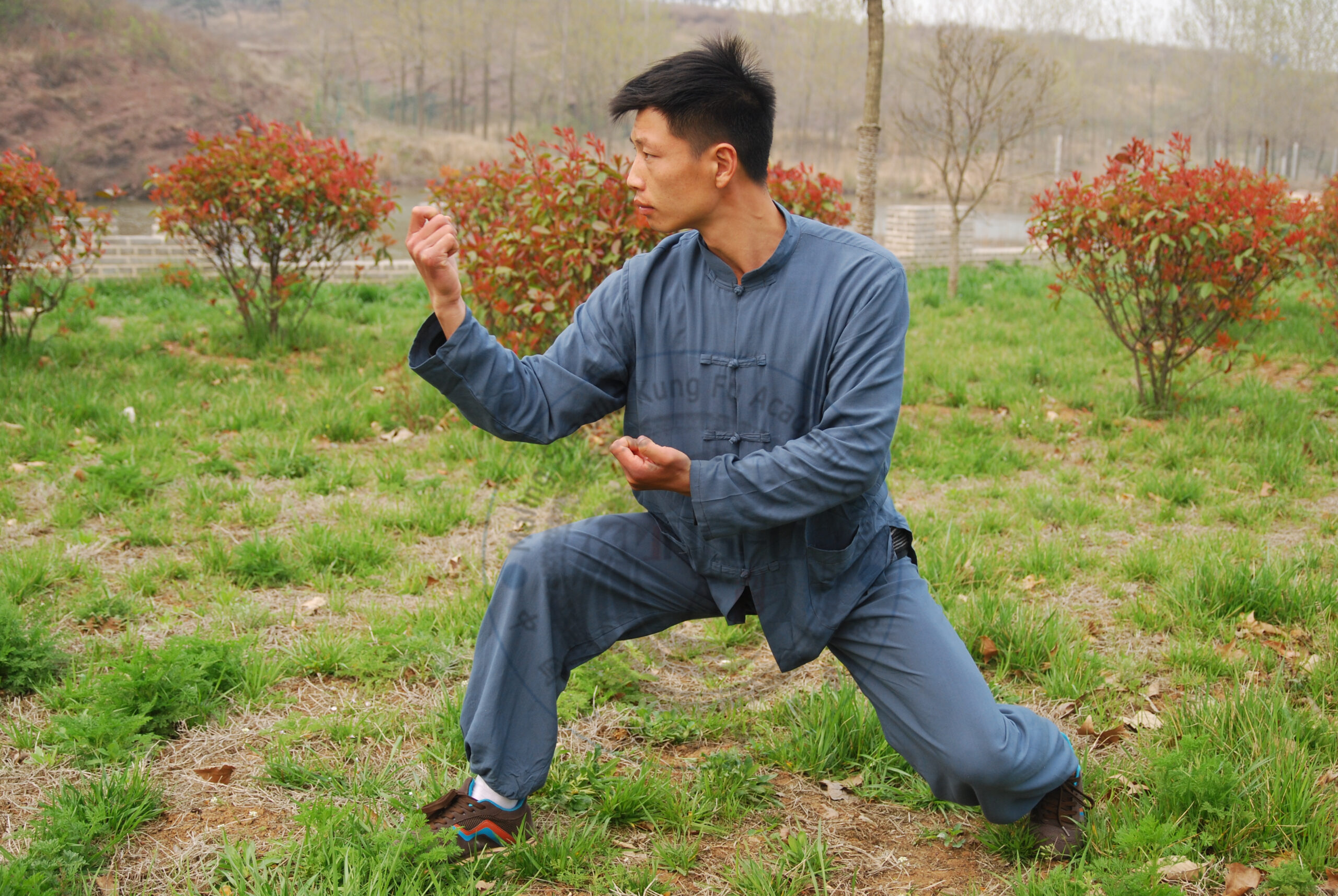Qi Gong, often referred to as the ancient Chinese art of cultivating energy, has a history that spans thousands of years. Rooted in Taoist and Buddhist philosophies, Qi Gong encompasses a wide range of practices aimed at enhancing physical health, mental well-being, and spiritual development.
Qi Gong
Mind-body practice cultivating energy (Qi) through breathing exercises, movement, and meditation.
Qigong, which is pronounced "chee-gong," is an ancient Chinese practice that combines physical postures, breathing techniques, and mental focus to promote overall health and well-being. The term "qi" refers to the life force or vital energy within the body, and "gong" means cultivation or skill. Therefore, Qigong can be interpreted as the cultivation of vital energy.

Qigong encompasses a wide range of exercises and meditation techniques, all aimed at promoting the flow of qi through the body, balancing its energy, and enhancing overall health. These exercises can be gentle and flowing, or more dynamic and rigorous, depending on the specific style or tradition of Qigong being practiced. It includes various forms, such as Baduanjin (Eight Brocade Exercises), Yijinjing (Muscle/Tendon Changing Classic), and Wuqinxi (Five Animal Frolics).
Qigong and Kung Fu
All great kungfu makes use of energy training (i.e. Qigong) to develop internal force, without which it remains at the external, mechanical level, considered by Chinese martial artists as rather rough and inferior. Kungfu training with Qigong enhances harmonious chi flow, thus promoting health, vitality and longevity.
Qigong and Zen
There are three aspects in all types of Qigong, namely: form (xing), energy (qi) and mind. If you practice only the form, without the energy and mind dimensions, you are merely performing physical exercise; strictly speaking not Qigong, for there is no training of energy. For an effective control of energy, you have to enter what is called in modern terms a Zen state of mind. In the past, this was called “entering Zen”(ru chan) or “entering silence”(ru ding).
When you are in Zen or a meditative state of mind, you can, among other things, tap energy from the cosmos and direct that energy to flow into wherever you want in your body. It is this mind aspect of Qigong, even more than its energy aspect, that enables Qigong masters to perform what most people would think of as miraculous.
Benefits of Qigong
The practice of Qigong is believed to have numerous benefits, including stress reduction, improved posture and balance, enhanced flexibility, and increased vitality. It’s also used to support healing processes and strengthen the body’s immune system. Many people practice Qigong to maintain health, aid in recovery from illness, or to complement other forms of exercise and meditation.
Overall, Qigong is a holistic practice that promotes harmony between the body, mind, and spirit, and it is deeply rooted in traditional Chinese medicine and philosophy.
Qi Gong Classes

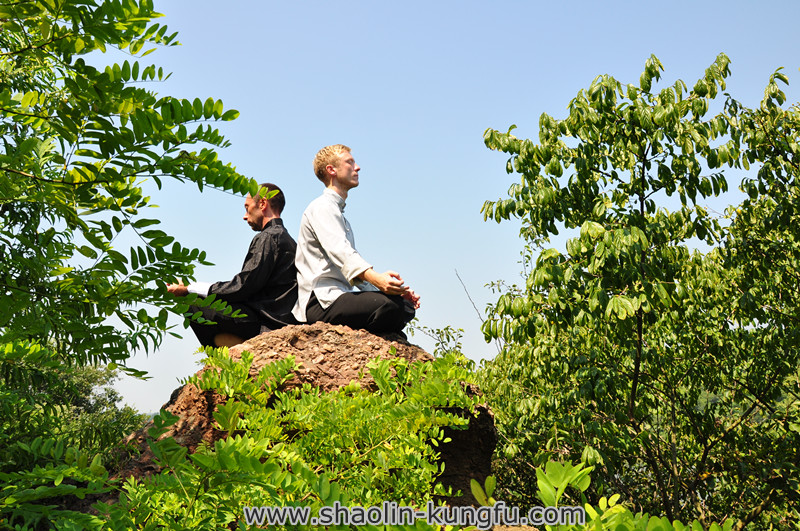
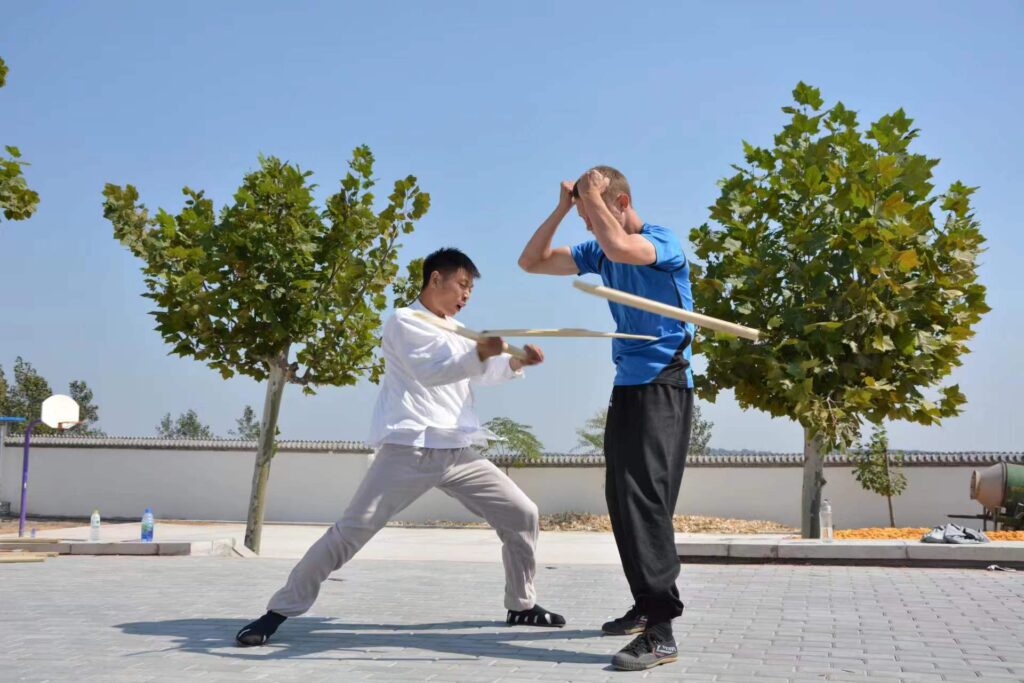
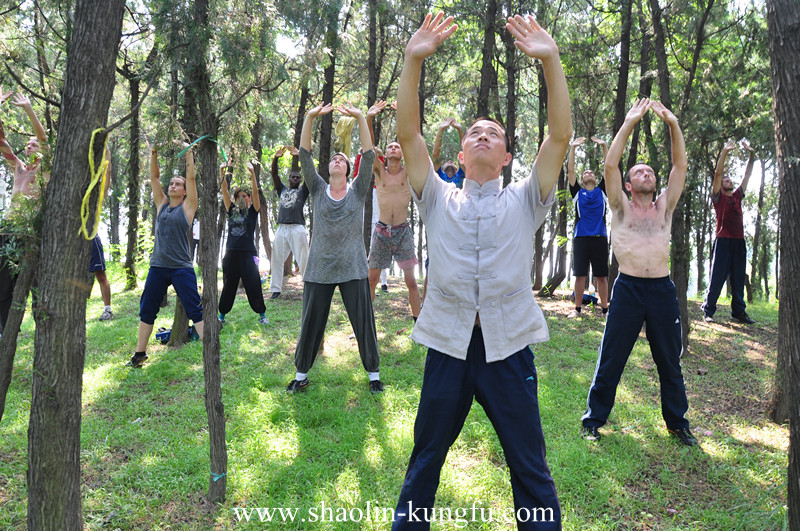
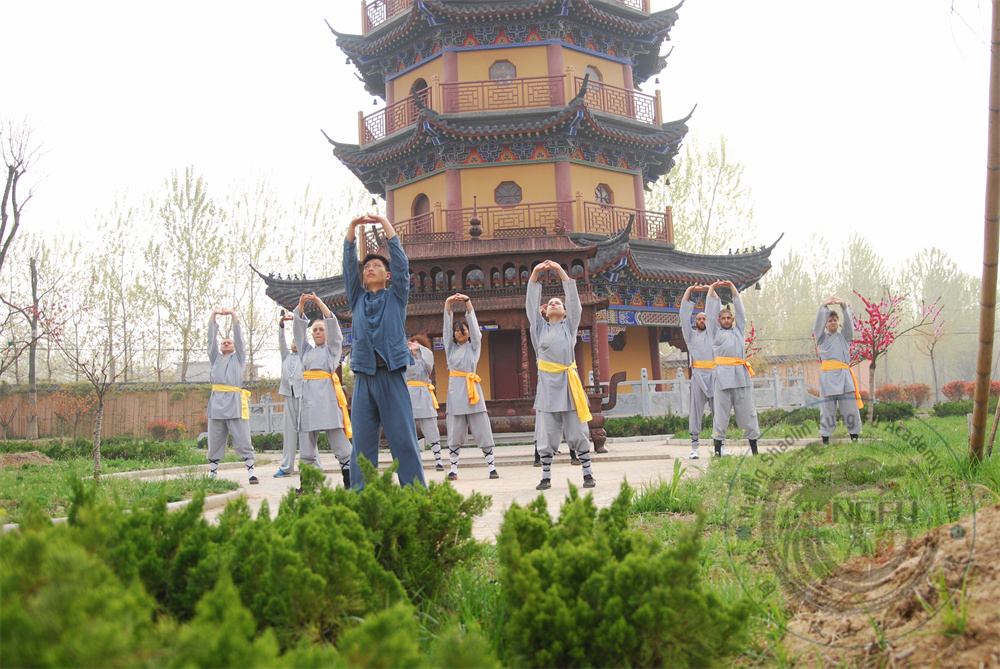
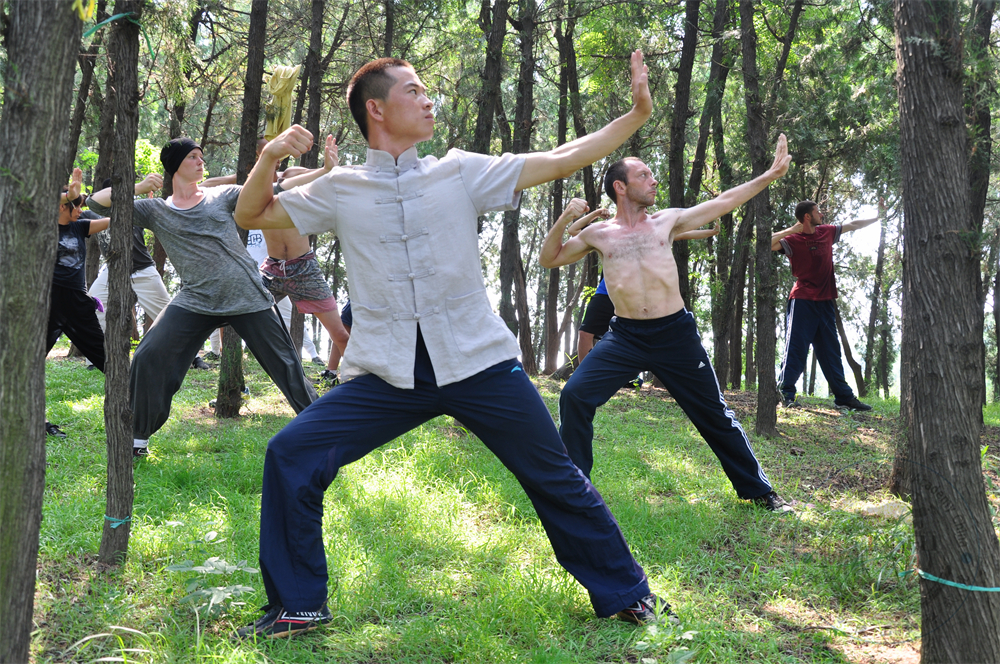

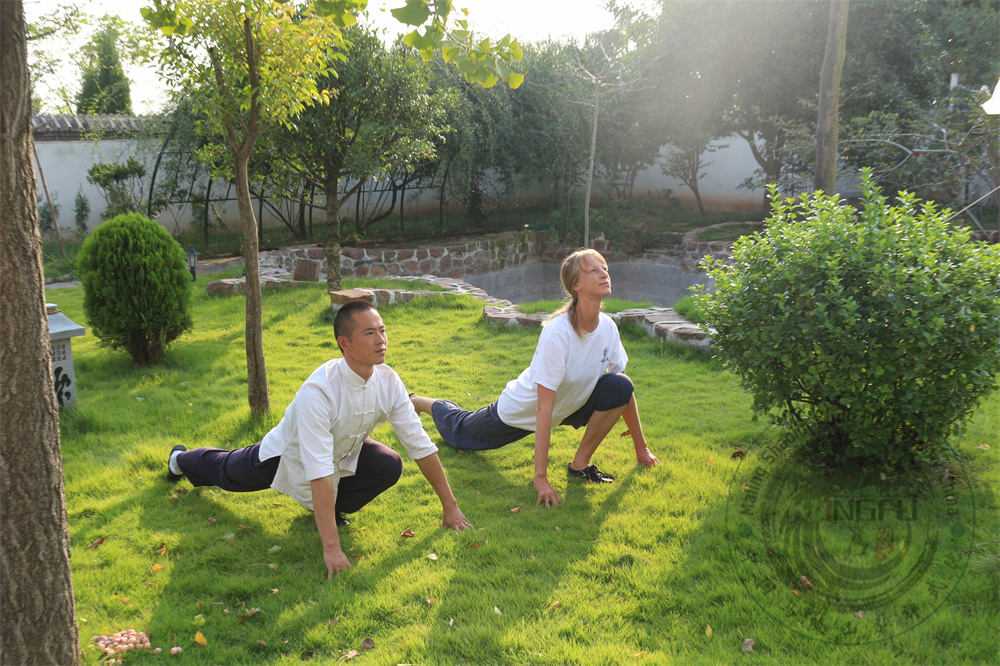

Related Academy Articles
In the realm of traditional Chinese martial arts, the concept of Qi, often spelled as "chi," holds a central place. This vital energy, deeply rooted in ancient Chinese philosophy, has been a guiding force in various disciplines, with Kung Fu standing as a prime exemplar of its application.
